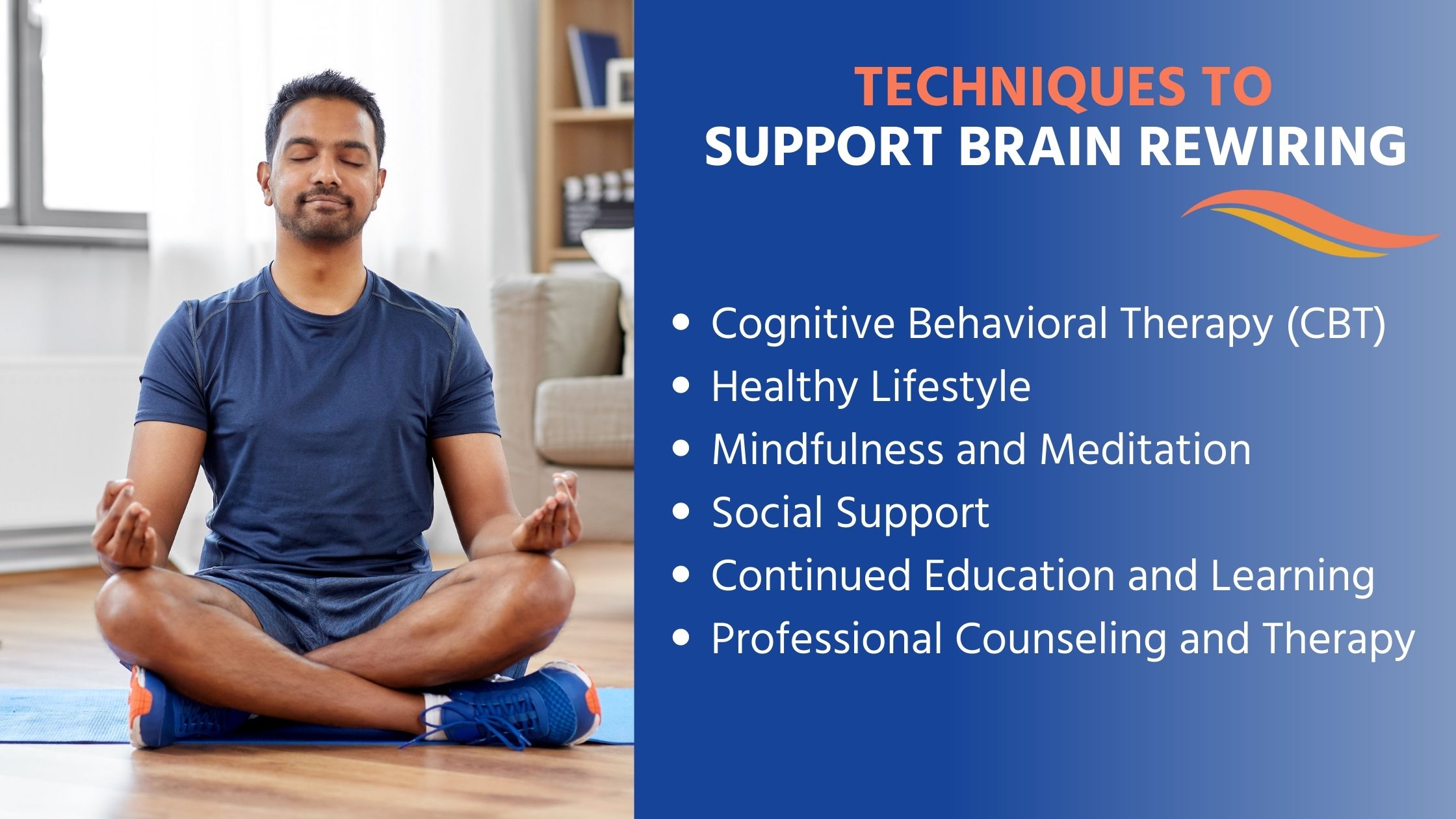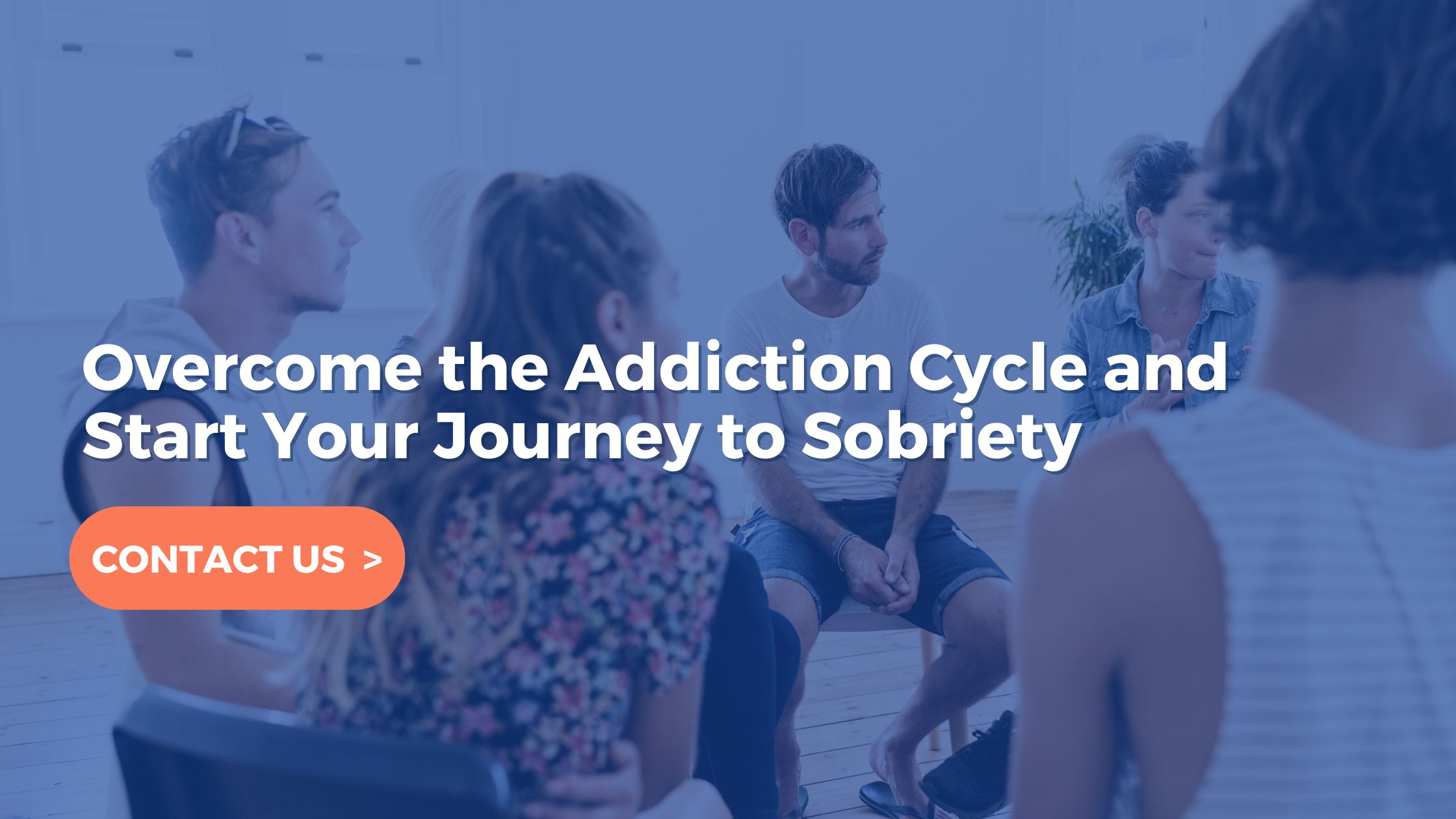How Long Does It Take to Rewire the Brain from Addiction


Written By
DreamLife RecoveryAddiction is a complex, multifaceted condition that significantly alters the brain’s structure and function. This alteration leads to changes in behavior, feelings, and thoughts. The brain, once ensnared by the addictive cycle, undergoes transformations that fuel compulsive substance use, despite the negative consequences.
Understanding the process of rewiring the brain during recovery can provide invaluable insights into the journey toward sobriety. This knowledge can be a source of hope, strength, and resilience for those grappling with addiction and their loved ones supporting them through this journey.
Understanding Addiction
According to the American Society of Addiction Medicine, addiction is a chronic disease that affects the brain’s reward, motivation, memory, and related circuitry. This classification is due to its profound impact on the brain’s reward system, leading to compulsive substance use despite harmful consequences.
The changes in the brain caused by addiction are what make recovery a challenging process. Addiction disrupts the brain’s normal functioning, hijacking the reward system and altering how pleasure is experienced and perceived.
This change prompts the individual to seek the addictive substance or behavior repeatedly, setting the stage for a vicious cycle of addiction.
Brain Rewiring: An Overview
Brain rewiring, also known as neuroplasticity, refers to the brain’s ability to change and adapt in response to experiences, including recovery from addiction. This inherent ability of the brain is crucial for overcoming addiction, as it allows the brain to heal and form new, healthier patterns of thought and behavior.
Neuroplasticity powers the brain’s capacity to reorganize itself by forming new neural connections throughout life, enabling the neurons (nerve cells) in the brain to compensate for injury and disease and adjust their activities in response to new situations or changes in their environment.
Factors That Influence the Duration of Brain Rewiring
Every journey through addiction recovery is unique, and the time it takes for the brain to rewire can vary significantly from person to person. Several key factors play a role in this variation, influencing the pace and progress of brain rewiring during recovery.
Understanding these factors can help set realistic expectations and tailor a more effective recovery plan.
- Duration and severity of addiction: The longer and more severe the addiction, the longer it takes for the brain to rewire.
- Type of substance used: Certain substances like opioids may cause more severe brain changes, requiring a longer recovery period.
- Individual health factors: Underlying health issues such as mental disorders can complicate recovery, potentially extending the rewiring process.
- Supportive environment and treatment methods: A robust support system and evidence-based treatment strategies can enhance the brain rewiring process, facilitating faster recovery.
Stages of Brain Rewiring in Addiction Recovery
The process of brain rewiring during addiction recovery is not an overnight transformation. It typically unfolds over three main stages, each with its own challenges and milestones. Recognizing these stages can provide a roadmap for the recovery journey, offering valuable insights into the healing process and how to navigate it effectively.
- Initial detox and withdrawal: This phase involves the body eliminating the addictive substance, often leading to withdrawal symptoms.
- Early recovery and brain healing: In this stage, the brain begins healing from addiction damage, gradually restoring normal functions.
- Long-term changes and sustained recovery: During this stage, the brain makes long-term changes to maintain sobriety and prevent relapse, reinforcing new, healthier habits.
Techniques to Support Brain Rewiring


Supporting the brain’s rewiring process is an integral part of addiction recovery. Certain techniques and lifestyle changes can accelerate this process, helping individuals overcome addiction more effectively.
These strategies range from therapeutic interventions to healthy lifestyle habits, all geared towards enhancing brain health and fostering healthier thought patterns and behaviors.
- Cognitive Behavioral Therapy (CBT): CBT helps individuals develop healthier coping mechanisms by targeting harmful beliefs and thought patterns contributing to addictive behaviors.
- Healthy lifestyle: Regular physical activity, a balanced diet, adequate sleep, and stress management can promote brain health, enhancing the brain’s ability to recover from addiction.
- Mindfulness and Meditation: These practices can help individuals manage cravings, reduce stress, and increase self-awareness, all of which can support the rewiring process in the brain during recovery.
- Social Support: Building strong, positive relationships can provide emotional support and accountability, which are crucial for maintaining motivation and preventing relapse during recovery.
- Continued Education and Learning: Constantly learning new skills or knowledge can stimulate the brain, promoting neuroplasticity and aiding the rewiring process.
- Professional Counseling and Therapy: Working with a therapist or counselor can provide personalized strategies and support to address the underlying issues contributing to addiction, facilitating effective brain rewiring.
So, How Long Will It Take To Rewire the Brain From Addiction?
Although there lacks a definite answer to how long it takes to rewire the brain from addiction, understanding the process of brain rewiring can shed light on the complexities of addiction recovery and offer hope for those on their journey toward sobriety.
The brain’s remarkable ability to change and adapt is a testament to the possibility of overcoming addiction. This understanding underscores the importance of patience, perseverance, and holistic care in recovery.
It reminds us that recovery is not just about abstaining from the addictive substance or behavior but also about healing the brain and rebuilding a healthier, more fulfilling life.
Addiction Treatment at DreamLife Recovery
If you or a loved one is struggling with addiction, seeking professional help is a crucial step towards recovery. At DreamLife Recovery, we are available to provide support and guidance on this journey. Remember, it’s never too late to seek help, and recovery is always possible. Reach out today by calling (855) 384-5808 or filling out this contact form to take the first step towards your Dream Life.







